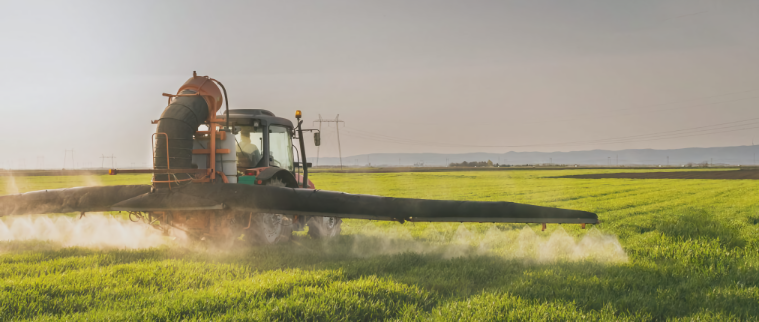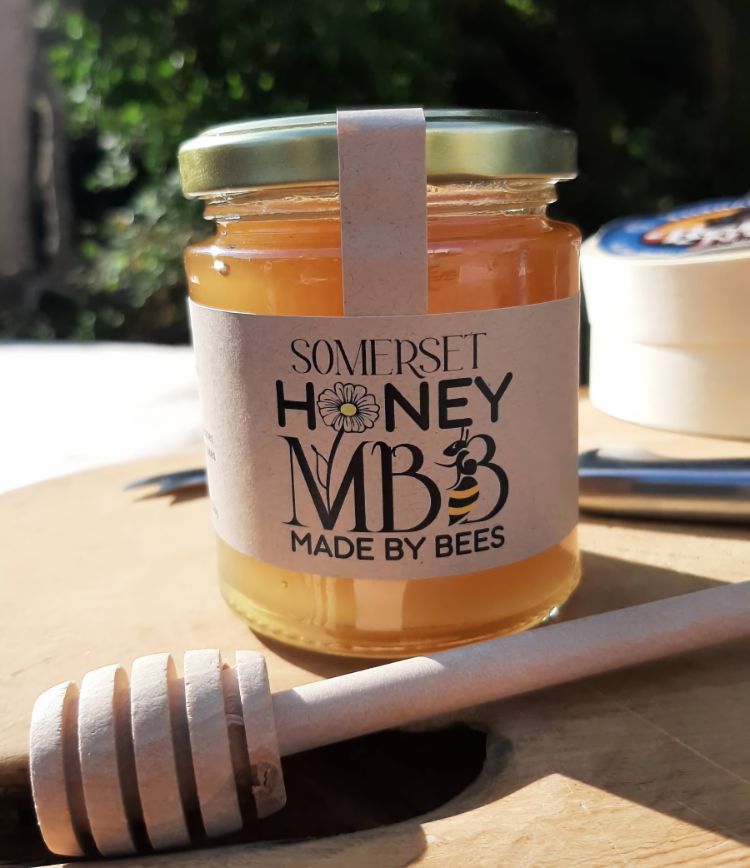36 pesticides permitted for use in UK but not EU, despite government promises to maintain standards post-Brexit
The UK is increasingly falling behind the EU in removing chemicals that pose a risk to human health and the environment from the market.
Analysis has revealed that there are now 36 pesticides that can be used in the UK but are not currently allowed in EU countries.* Of those, thirteen are considered Highly Hazardous Pesticides – a UN concept used to identify the most harmful chemicals – including four that are highly toxic to bees, one that contaminates water and one that is highly toxic to aquatic organisms. These thirteen hazardous pesticides will now be in use in the UK for between two and five years longer than in EU countries. Read more - Click the PAN UK logo:







Share:
Why beeswax candles?
Honey and onion cough syrup